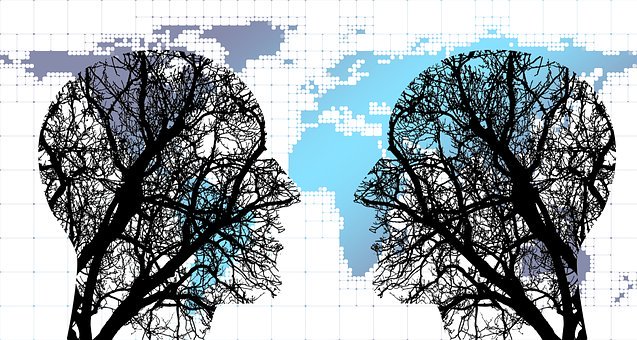With the overall objective to ensure healthy lives for all and achieve universal health coverage (UHC), the European Union has been investing a total of €2.6 billion into health sectors through its development assistance for the period 2014-2020. This investment includes €1.3 billion on bilateral programmes with 17 countries, designed to provide comprehensive health sector support, and €1.3 billion in contributions to global health initiatives, such as the Global Fund against AIDS, tuberculosis and malaria; the Vaccine Alliance – Gavi; and UN agencies. Over the last months, further, substantial commitments have been made for replenishment of the Global Fund, Gavi, and the Global Financing Facility, GFF.
Trends in development cooperation by the European Union and its member states indicate that contributions for Global Health Initiatives are on the rise – not only in absolute terms, but also as a proportion of total investments for development cooperation in the health sector, as compared to engagement in direct (bilateral) cooperation in partner countries. While these trends increase the availability of donor funding for vertical health programmes – and aspirationally also for health systems strengthening – in low and middle income countries, they can also pose challenges for country-led coordination and aid effectiveness mechanisms.
In its recent commitment during the Global Fund Replenishment Conference, the EU pledged a total of €550 million to the new funding cycle for the period 2020-2022. In this connection, it was considered how this contribution could be framed to support the integration of Global Fund programmes into UHC efforts in priority countries.
Many bilateral donors and agencies set aside part of their contributions to the Global Fund, or complementary to it, to be channeled towards technical assistance, operational research and long-term capacity building. Examples of these are currently the US government (through various mechanisms), the German and Swiss governments (through BACKUP Health) and the French government (the 5% Initiative). These mechanisms create funding streams to enable countries to get more support for designing and submitting grant applications, strengthening their performance monitoring, improving long term capacity and extending operational research. These “Set-Aside” mechanisms are currently part of a broader TERG review on Technical Support Partnerships published on the TERG website.
Nowadays, technical assistance is no longer understood as a one-directional flow of knowledge and skills, but is closely linked to the use of knowledge networks that enable rapid information and experience sharing in all directions. An early pioneer of a knowledge network in support of UHC is the Joint Learning Network (JLN), funded by the Rockefeller Foundation. JLN was seeded during a 2009 meeting when country experts and global health partners discussed the possibility of strengthening ways for knowledge exchange, joint problem solving and shared learning as low and middle income countries undertake health reforms on the path towards Universal Health Coverage (UHC). The P4H – Providing for Health – Initiative, the coordination desk of which sits at WHO and the World Bank, is another, after twelve years of existence well established example of a knowledge network for UHC, which brings together global and national expertise in a much-needed multi-level interaction. P4H is a global network of bi and multilateral agencies, policy think tanks and academia dedicated to health financing, economics and social health protection for universal health coverage through insight and knowledge brokerage, collaborative technical expertise; and policy dialogue.
Strengthening the link between global and national approaches towards universal health coverage, and enhancing coordination at all levels – global, regional, national and sub-national – will also require the effective use of institutionalized knowledge sharing networks such as P4H.


